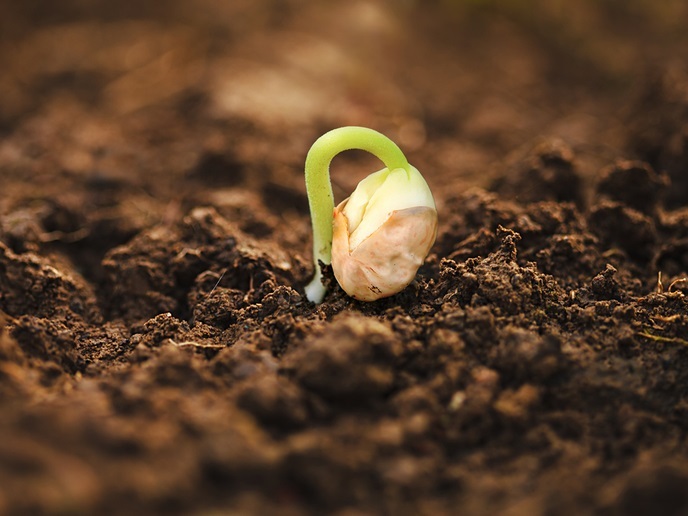Unravelling the mysteries of plant reproduction to help feed Earth’s growing population
Successful seed formation is a key event in plants’ lives, as most of their reproductive success depends on it. The seed is a complex functional unit resulting from the successful completion of the double fertilisation process up until seed or fruit development.
Exploring different aspects and stages of sexual plant reproduction
Most agricultural production is aimed at the production of seeds through sexual reproduction, and these seeds account for the majority of the calories consumed by humans. Seeds are also major components of animal feed and a significant source for the production of high value-added products, such as oils, biofuels and proteins like the ones present in canola, corn and soybeans. “Knowing what aspects control reproduction will enable this critical aspect of agricultural production to be engineered for improved productivity without expanding arable land,” notes Sílvia Coimbra, coordinator of the EU-funded SexSeed project. The SexSeed team focused on plant reproduction – a fundamental, economically important and experimentally flexible biological process. It sought to provide new insight into the network controlled by SEEDSTICK (STK), a transcription factor, master regulator in seed production. “Arabidopsis is an excellent model to study seed formation because it shares a conserved developmental programme with major seed producing crop plants,” explains Coimbra. Arabidopsis is a small flowering plant related to cabbage and mustard that is widely used as a model organism in plant biology. “By increasing our know how of Arabidopsis seed formation, it will be possible to expand our knowledge of seed formation and then transfer this knowledge horizontally to vital agricultural crop species.”
Grasping molecular networks that control seed development
The researchers discovered and characterised several different target STK genes at the early stages of (ovule) development. They worked out and proposed different interaction pathways related to fertilisation and seed production. “By combining transcriptomic and genetic approaches, SexSeed uncovered new functions for STK targets, enhancing our knowledge of the network that controls seed formation in Arabidopsis,” notes Coimbra. “Through this valuable new information, we can help to improve not only gross agricultural productivity, but also the composition of seeds and therefore the production of components used for high added-value seed-derived products.” The scientific results were shared at about 50 presentations in several international conferences and workshops. “Becoming aware of the factors that regulate sexual reproduction in more detail will enable critical aspects of agricultural production to be designed in boosting productivity,” concludes Coimbra. “The growing importance of seeds and seed-derived products to humanity, and the central role of STK in seed development mean that SexSeed has great potential in contributing to Europe’s excellence and competitiveness in the world.” This research was undertaken with the support of the Marie Skłodowska-Curie programme.
Keywords
SexSeed, seed, plant, seed formation, Arabidopsis, SEEDSTICK (STK), seed production, plant reproduction, agricultural production

